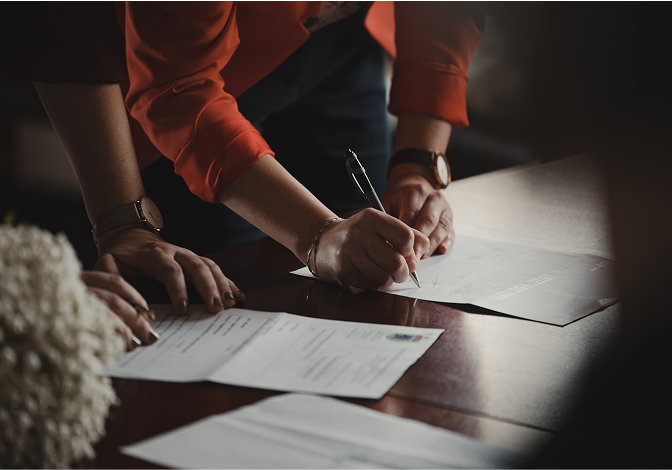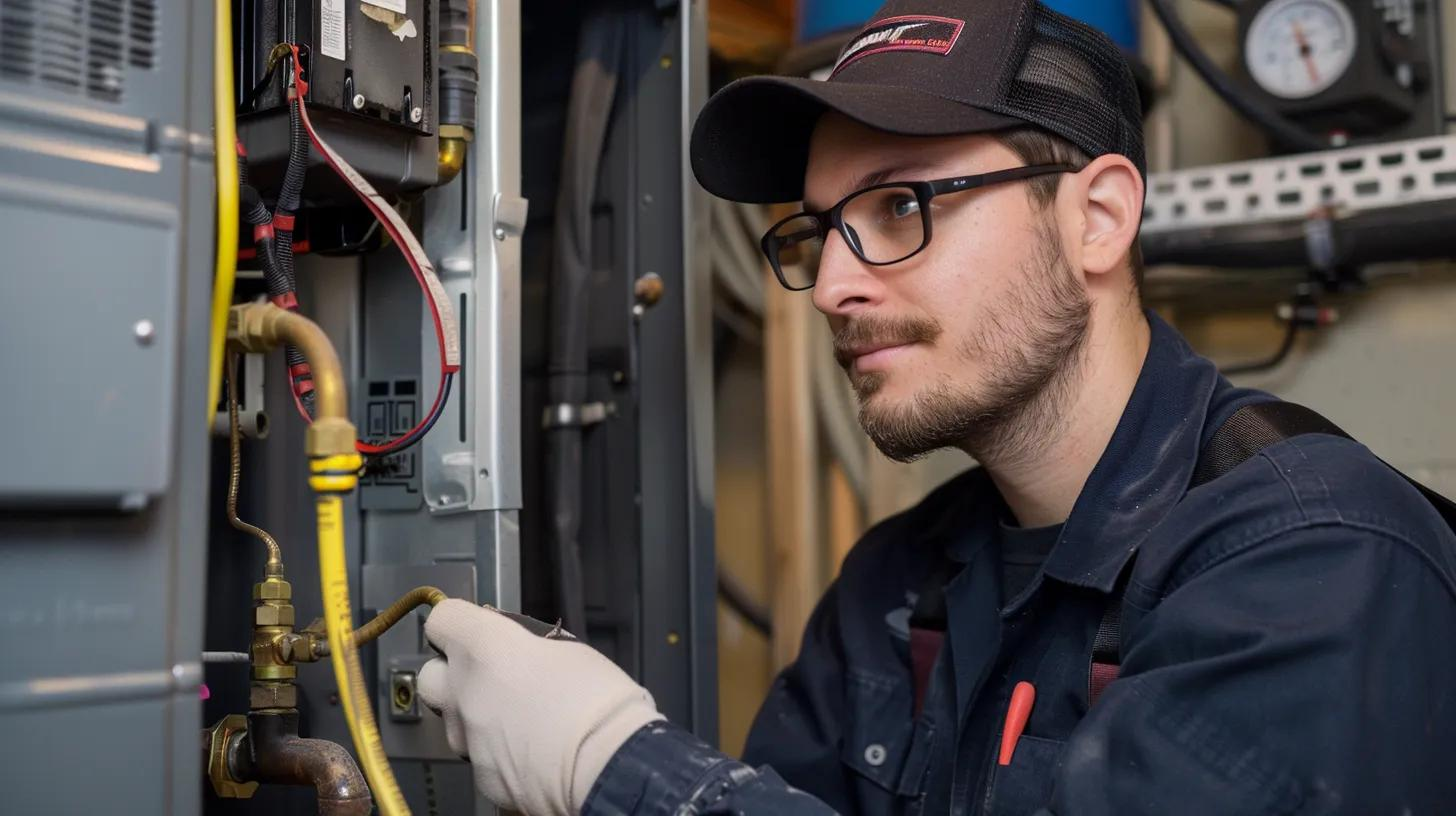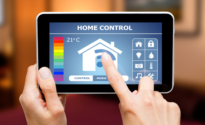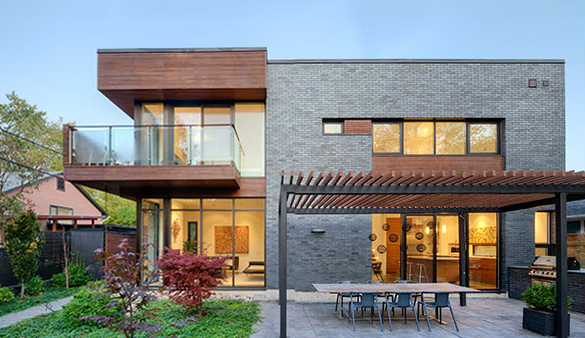When the cooler months roll into Copperas Cove, a properly working heat pump becomes a key part of daily home comfort. These systems pull double duty by handling both heating and cooling throughout the year. But when your heat pump isn’t heating like it should, indoor comfort can quickly disappear. A chilly home is more than just inconvenient, especially if you rely on the heat pump as your main source of heating.Heat pump problems often creep up without warning. One day it seems fine, then suddenly it struggles to keep up, blows cool air, or won’t turn on at all. Many homeowners assume a complete failure, but most issues stem from common causes like airflow restrictions, low refrigerant, or a faulty thermostat. If your heat pump is underperforming, it’s time to check what’s going wrong and take care of it before it leads to higher utility bills or even a full breakdown.
Understanding How Heat Pumps Work
Before digging into specific problems, it helps to understand how heat pumps warm your home. Heat pumps move heat rather than create it. Even when it’s cold outside, they draw heat from the air and push it indoors. In cooling mode, they do the opposite—pulling heat from the home and pushing it outdoors. They use refrigerant, a compressor, coils, and a reversing valve to switch between heating and cooling.This process depends on a careful balance of airflow, temperature control, and refrigerant pressure. When one part is off, even slightly, the system struggles to operate. A drop in performance doesn’t always mean the entire heat pump is failing, but ignoring signs like weak airflow or inconsistent heating leads to more serious trouble down the line.Maintenance is what keeps everything in motion. Regular filter changes, seasonal inspections, and cleaning of indoor and outdoor units all help extend the system’s life. If maintenance falls behind, even a small problem can become something bigger. A homeowner in Copperas Cove, for example, saw their heat pump stop heating completely after ignoring reduced airflow for weeks. What started as a clogged filter eventually led to short cycling and compressor strain. These are avoidable situations with simple upkeep.
Common Reasons Heat Pumps Stop Heating
When a heat pump stops working as expected, especially during colder seasons, it’s rarely random. Several common causes tend to be behind these heating issues. Keeping an eye out for them can help resolve the problem quickly.Here are common issues that often lead to heat pump heating problems:- Dirty Filters: A clogged air filter blocks airflow, making it harder for warm air to circulate. This strains the system and can cause shutdowns.- Refrigerant Leaks: Without the right level of refrigerant, the heat pump can’t move heat efficiently. Leaks need to be identified and repaired right away.- Thermostat Malfunctions: If the thermostat is reading the wrong temperature or not communicating properly with the system, it may shut off heating too early or not start heating at all.- Electrical Issues: Faulty wiring, blown fuses, or tripped breakers can interrupt power to the heat pump, causing it to stop running or behave unpredictably.These problems may come with signs like cold air blowing instead of warm, short cycling, or odd noises, and should be addressed quickly. Delays can lead to higher energy use and more wear and tear on the system. Keeping up with small fixes can prevent the need for major repairs.Each of these problems can stop your heat pump from doing its job, especially when cooler temperatures move into Copperas Cove. So whether it’s a simple filter replacement or a more serious component failure, staying aware of these warning signs helps maintain reliable heating at home.
Why Your Heat Pump Is Not Heating Properly
If your heat pump in Copperas Cove isn't producing warm air, it’s usually tied to one of a few consistent problems. Some might start small and go unnoticed until your system can’t keep up on colder days. One common sign is a heat pump that runs constantly but never warms the house. In some cases, it turns on and off too quickly, which is called short cycling. Both are warnings that something is off.Other signs include surprising temperature differences between rooms, cooler-than-usual air coming out of the vents, or higher electric bills without increased usage. These problems tend to point to things such as refrigerant leaks, airflow blockages, or control issues in the thermostat.Then there’s the reversing valve. This part switches the heat pump between heating and cooling. If it sticks or fails, the system might stay in cooling mode even when it should be heating. A faulty defrost control board or outdoor sensor can also cause problems by shutting down heating during cold weather, trying to prevent frost buildup but triggering it too often.A homeowner in north Copperas Cove found themselves relying on space heaters after assuming their system just needed more time to heat. But the solution was a broken sensor that couldn’t properly signal the switch to heating mode. These kinds of overlooked or misunderstood issues are more common than they might seem, especially when homeowners aren't sure what’s normal behavior for a heat pump.
When You Need Help From a Professional
Some small issues, like adjusting the thermostat or removing debris from the outdoor unit, can be checked at home. But when your heat pump is blowing cold air in heating mode, making odd sounds, or shutting off repeatedly, it’s time to step back and get help from our technicians.Calling for service is the better move when:- The system continues to run but doesn't heat.- The air feels barely warm or completely cold.- There's ice buildup on the outdoor unit.- An unusual sound, like buzzing, grinding, or rattling, won't stop.- Your energy bill has spiked with no major change in usage.These signs usually point to internal problems like compressor issues, control board errors, or refrigerant loss. Troubleshooting these without the proper training can make things worse. Our professionals are trained to diagnose these issues safely and correctly. They also have the tools to spot smaller issues before they become expensive ones. Many heat pump problems that look complicated don’t require full replacement. With the right inspections and fixes, your system can often return to full working order.
Prevent Heat Pump Problems in Copperas Cove
The best way to avoid breakdowns is to stay ahead of the problems. A few practical steps go a long way. First, always check and replace your air filter as needed. A dirty filter is one of the top reasons heat pumps stop performing. Next, keep the area around your heat pump clear of leaves, grass, and other blockages that can reduce airflow.Also, don’t ignore those first signs of trouble. If the system has started acting differently, like producing slightly cooler air or taking longer to heat, it’s worth having it looked at before winter weather arrives in full force. Preventative care often catches hidden issues early, saving time and money.Here are simple ways to keep your heat pump running right:- Replace air filters every one to three months, depending on usage.- Keep shrubs, grass, and yard debris at least two feet away from the outdoor unit.- Set thermostat schedules that match your comfort and energy goals.- Inspect air vents indoors and make sure they’re open and unobstructed.- Pay attention to your electric bill and temperature consistency. Sudden changes could signal a problem.Heat pumps are built to last, but how well they perform depends a lot on routine care and smart use. Regular service can uncover things a homeowner might miss, like refrigerant levels or temperature sensor problems.
Making Sure Your Copperas Cove Home Stays Comfortable
A heat pump that doesn’t heat puts your indoor comfort and system lifespan at risk. Many issues start small and can be easy to overlook but end in expensive repairs or full replacement if left untreated. By understanding how your system should behave, recognizing early warning signs, and scheduling proper maintenance, you can keep things running as they should throughout the colder months in Copperas Cove.Staying ahead of repairs and reaching out when something feels off saves money and frustration. With consistent care and support from trained technicians, your heat pump can handle the winters without leaving you cold. If your system isn’t performing like it used to, it’s worth acting sooner, not later, to restore warmth and peace of mind in your home.If your heat pump is not performing as expected, it may be showing signs that require professional help to restore consistent warmth in your home. The team at Jormer Enterprises understands the importance of quick action when issues such as refrigerant leaks or thermostat malfunctions interrupt your comfort. For dependable heat pump repair in Copperas Cove and to get your system back on track, contact us today.
Customer Testimonials
See what our customers are saying about their experience with us.

Financing
We offer flexible financing through FTL Finance, making it easy to invest in your home comfort without the upfront stress.

Short Heading Goes Here


Creating a More Comfortable and Smarter Home


